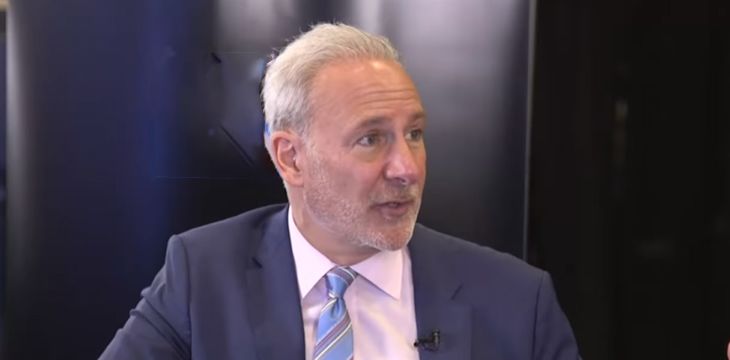|
Getting your Trinity Audio player ready...
|
Lost in much of the manufactured uproar over Peter Schiff’s recent admission that he lost access to his Bitcoin is the choice facing many new Bitcoin adopters of how best to manage their cryptocurrency. Should new adopters take the advice of Binance CEO Changpeng Zhao (CZ) that, “Today most people are not able to secure a key even from themselves (losing it)? A trusted centralized exchange is #SAFUer for most people”? Or should new adopters maintain control of their Bitcoin in a wallet placing liability for any loss squarely on their own shoulders?
Most long-time advocates of Bitcoin preach that Bitcoin should be stored in a wallet i.e., digital, hardware, paper, etc. instead of leaving them sitting on an exchange. Especially one that has admitted to being hacked before like Binance acknowledged in the past. As Peter’s case demonstrates, wallets offer little to no safety net in case of loss or negligence. Studies have shown that upwards of 20% of Bitcoin is either lost or unrecoverable. This figure will only increase as mainstream users continue to get on board and store Bitcoin in computers/cellphones that get lost, stolen, or corrupted.
If an adopter owns a large quantity of Bitcoin, using a wallet would be parallel to hiding large sums of fiat in your closet or carrying it around in your pocket. While the initial thought of having $50,000 in cash notes inside your pocket may sound exciting, many people would never take that risk if it amounted to a significant portion of their net worth. In general, people only carry around enough cash notes needed for daily or weekly use.
CZ’s approach is not without significant risk, as evidenced by Binance’s recent withdrawal freeze on a Singaporean client’s transaction and their early-on security breach where criminals stole $40 million in BTC. Users hand CZ control over their private keys in exchange for comfort without considering that Binance is subject to cyber-attack and the whims of government-controlled authorities. Imagine waking up to news that some regulatory authority shut down Binance? If you have all of your crypto at that exchange, you will be waiting for months to recover it and might only receive pennies on the dollar once the dust settles.
While Binance was able to compensate its members after their hack, users at other exchanges have not always been so lucky. QuadrigaCX lost access to their cryptocurrency assets amounting to around $145 million after the company’s CEO unexpectedly passed away, ultimately leading to the loss of access to the corporation’s digital wallets.
As Peter faces the pile-on of “OK Boomer” and other foolish comments, his unfortunate case is a genuine problem many others have and will experience as Connor Murray eloquently points out. Blockchain functions in such a way that the P2P trustless transactions require participants to maintain a higher degree of accountability than typically found in today’s cashless society. Application developers building on top of BSV are taking these, and other areas account as they continue down the path of building a Satoshi’s transaction-based economic model.
Yes there are many exchanges coming to BSV ecosystem that will be optimised for the BSV tokenised everything world we are creating. We have no use for existing exchange model.
— Calvin Ayre (@CalvinAyre) January 19, 2020

 02-14-2026
02-14-2026 




